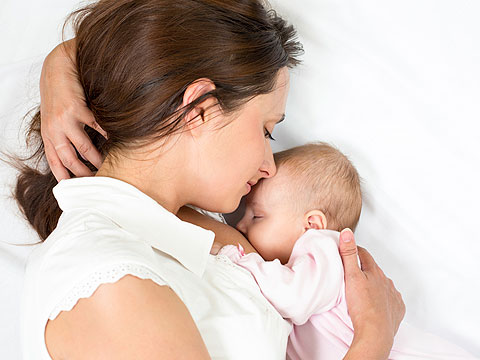Common post partum problems which physio can treat
Congratulations you’ve made it through pregnancy and now have your little bundle of joy! However it’s important to consider your recovery and health. There are a number of common symptoms which can present post partum, luckily these can be successfully be treated with women’s health physiotherapy.
-
Urinary incontinence
Urinary (or bowel) leakage is a common symptom after giving birth however it is not normal and can be successfully treated. Symptoms often include leaking with cough/sneeze/exercise or leaking on the way to the toilet. Physiotherapy can help in a number of ways including pelvic floor exercises, lifestyle modifications, bladder and bowel advice or a pessary.
-
Prolapse
Vaginal prolapse is when the connective tissue that supports the pelvic organs (bladder, uterus and bowel) is stretched which causes the pelvic organs to drop downwards, into the vaginal space. Prolapse often presents as a vaginal heaviness, dragging sensation or feeling of a lump/bulge. There’s a lot of treatment options available which include optimising pelvic floor muscle function, correct bladder and bowel habits, modifications of activity/exercise, deep core training and pessaries.
-
Abdominal separation
Abdominal separation occurs in almost every pregnancy and is the stretching of the connective tissue that joins the abdominal muscles together. This widening of the ‘linea alba’ can resolve post birth but in 50% of women it remains at 3 months post partum. A women’s health physiotherapist can guide you through correct abdominal muscle re-training and strengthening in order to minimise and reduce any abdominal separation.
-
Pain
Pain can stem from a number of location post partum but in no case do you have to put up with it. Common sources of pain post partum are:
- Perineal or C-section scar tissue
- Pelvic floor muscles or vaginal prolapse
- Lower back, hips and pelvis
- Carpel Tunnel and De Quervains syndrome
Treatment for these issues is individualised however may include the following: hands on manual therapy, postural re-training, muscle strengthening programs including abs/glutes/pelvic floor, taping techniques and home exercise programs.
In order to address these issues early on and to optimise your recovery we recommend booking in with a women’s health physiotherapist at 6 weeks post partum, where we can screen and assess you for all these issues, provide comprehensive and individualised treatment and help get you back to your best.

